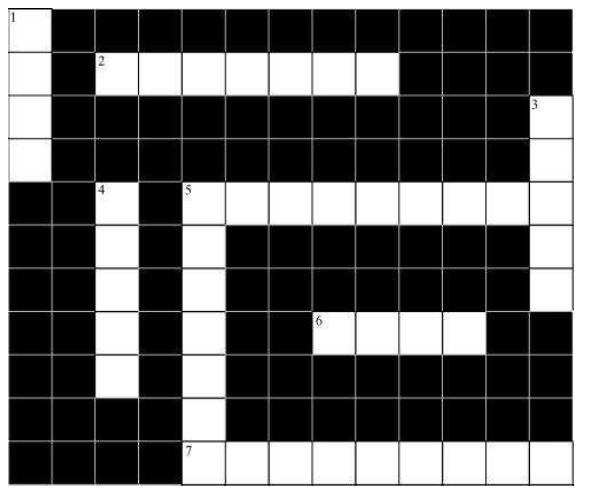Which type of soil :
can hold very little water ?
The correct Answer is:Sandy soil
Step-by-Step Solution:
1. Identify the Question: The question asks which type of soil can hold very little water.
2. Understand Soil Types: There are different types of soil, including sandy soil, clayey soil, and loamy soil. Each type has different properties regarding water retention.
3. Focus on Sandy Soil: Sandy soil is characterized by its large particle size. The particles are larger compared to other soil types, which creates more space between them.
4. Explain Water Retention: Due to the large spaces between the particles in sandy soil, when water is added, it does not stay in the soil. Instead, the water quickly drains away because there is not enough surface area for the water to cling to.
5. Conclusion: Therefore, sandy soil has very little water holding capacity, making it the correct answer to the question.
6. Impact on Plant Growth: Because sandy soil cannot hold water well, it affects plant growth negatively. Only certain plants that can tolerate dry conditions, such as coconut and melon, can thrive in sandy soil.
Final Answer: The type of soil that can hold very little water is sandy soil.
---
Topper's Solved these Questions
- SOILBOOK - LAKHMIR SINGH & MANJIT KAURCHAPTER - SOILEXERCISE - EXERCISE
87 Videos
- RESPIRATION IN ORGANISMS BOOK - LAKHMIR SINGH & MANJIT KAURCHAPTER - RESPIRATION IN ORGANISMS EXERCISE - EXERCISE
140 Videos
- TRANSPORT IN ANIMAL AND PLANTSBOOK - LAKHMIR SINGH & MANJIT KAURCHAPTER - TRANSPORT IN ANIMAL AND PLANTSEXERCISE - EXERCISE
128 Videos
Similar Questions
Solve the following crossword puzzle with the clues given:

Across
2. Plantation prevents it.
5. Use should be banned to avoid soil pollution.
6. Type of soil used for making pottery.
7. Living organism in the soil.
Down
1. In desert soil erosion occurs through.
3. Clay and loam are suitable for cereals like.
4. This type of soil can hold very little water.
5. Collective name for layers of soil.
View SolutionWhich type of soil is found in Assam ?
View Solution
Knowledge Check
Hold water
Ato be fickleBto be busyCto be validDto be deepWhich type of soil can lead to the maximum water-logging in the fields ?
Aloamy soilBclayey soilCsandy soilDsandy-loam soilSelect the statements regarding "Good soil"
a. The maximum amount of water soil can hold and it is called field capacity.
b. The loamy soil has high field capacity and it has more amount of hygroscopic water.
c. Gravitational water is runaway water.
d. capillary water is present inside the microspores of soil and is the water that is available to plant roots.Aa and bBa and dCb and cDc and d
In which type of shops goods with little defects are sold?
View SolutionWhich type of soil in India is most widespread and important?
View SolutionWhich of the following ecosystem has very little primary productivity?
View SolutionWater-logged condition will quickly occur in which type of soil
Holding capacity is highest in
View SolutionStorage capacity of the soil is the extent to which it can hold
In soil, water available for plants is
View Solution
